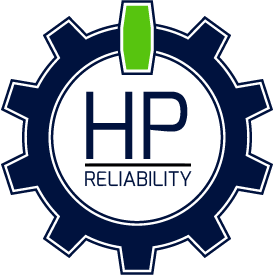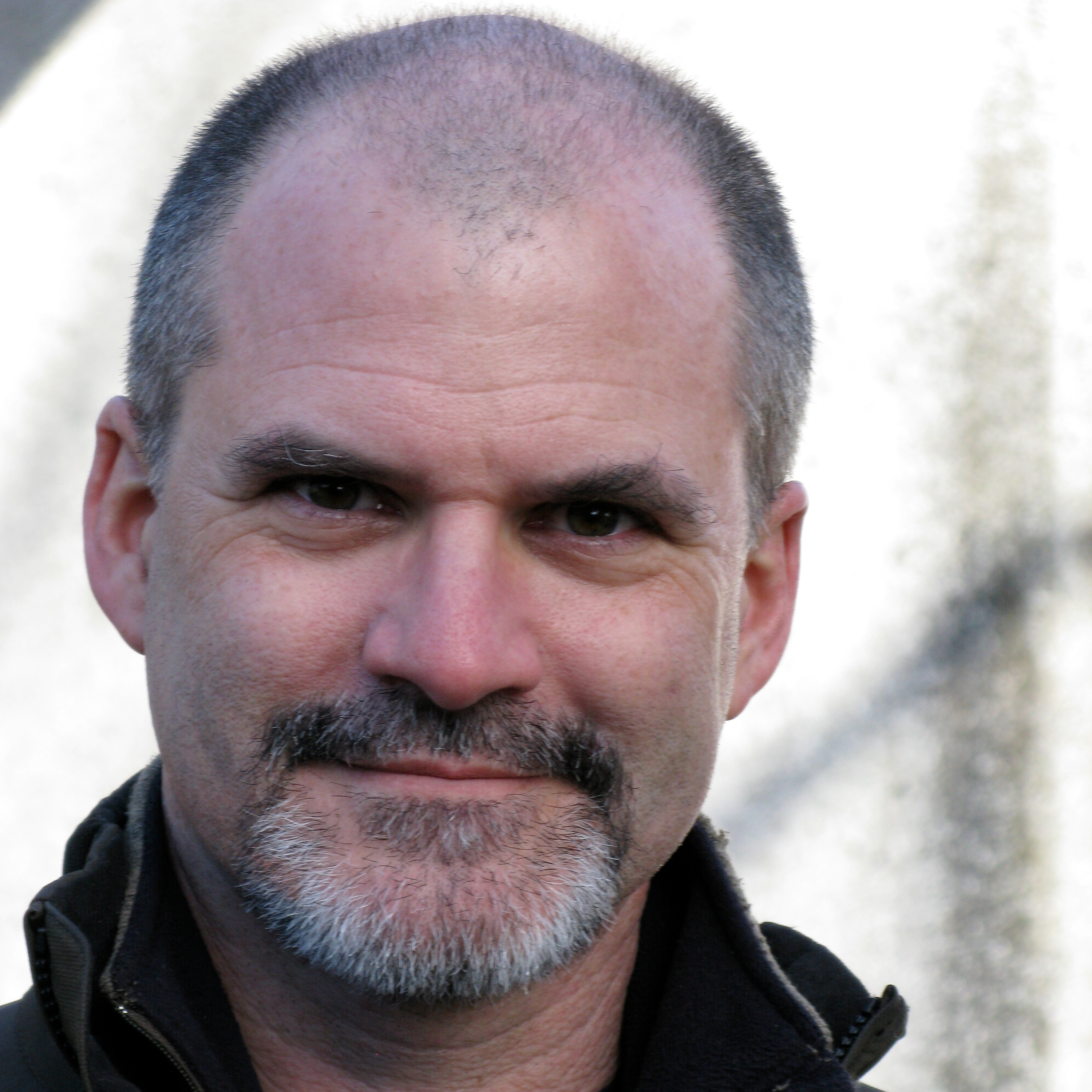The organizations that are more innovative and have a mark in the industry tend to do things that others don t. So, what are those things and how do they do that? This is an area where process engineers play their role to increase the production and solve problems that come along the way. Sometimes they have to experiment using different chemicals, use the calculations, and use the recorded data to come up with processes that can increase the yield of a product without compromising the quality. Their job is to come up with the best ways to quantify product.
They are experienced because they learn something new every day. They might have to test the environment of the plant. They experiment with plant conditions to check the results and see if they can find a better alternative to make the process of manufacturing more reliable. They often have to create new processes that are more advanced in terms of higher yield and best utilization of the raw materials. They make sure that a manufacturing process is sustainable by modifying if needed and by constant monitoring of the development processes. They are there to ensure the desired results for a product that company and customers want every single time.
They try new things and record results to have the detailed insight of the process, materials, and system. They check every variable that might lead to defects during the manufacturing process and they eliminate those variations to sustain throughput. It is not just the process engineers who are making a difference in the plant production. There are experts on the team who take every little measurement to look for opportunities that are worth exploring to increase the output. They analyze the data and come up with the ideas that can lead to improved processes.
They already use some tools but they have the skills to develop new tools if needed, to derive safety and improved manufacturing. They need to make sure that the measurement system. When you have a good measurement system, the design process is easier to analyze and look for the patterns that can lead to defects. There are tools like SPC that alert you when something is out of place and can lead to uncontrollable process. You have to check every single factor, brainstorm ideas, and prioritize those variables that can make the tiny bit of ripples.
You need to ask the maintenance team to show you the data as well to see if the equipment is working as you want it to. There are advanced sensor bases systems that have made the monitoring process easy but it cannot be compared to that experienced observations of the guy that keeps an eye on every single variation in the plant. You will only be successful in achieving your reliability goals in terms of processes if you have good and meaningful data. That can only be done by checking and testing the recorded inputs and cross-check with the historical data of the plant.
Eruditio Links:
- Eruditio
- HP Reliability
- A Smarter Way of Preventative Maintenance Free eBook
- inspired Blended Learning (iBL®)
- James Kovacevic s LinkedIn
Fred Schenkelberg Links:
The post 104 – What’s a Process Engineer with Fred Schenkelberg appeared first on Accendo Reliability.

